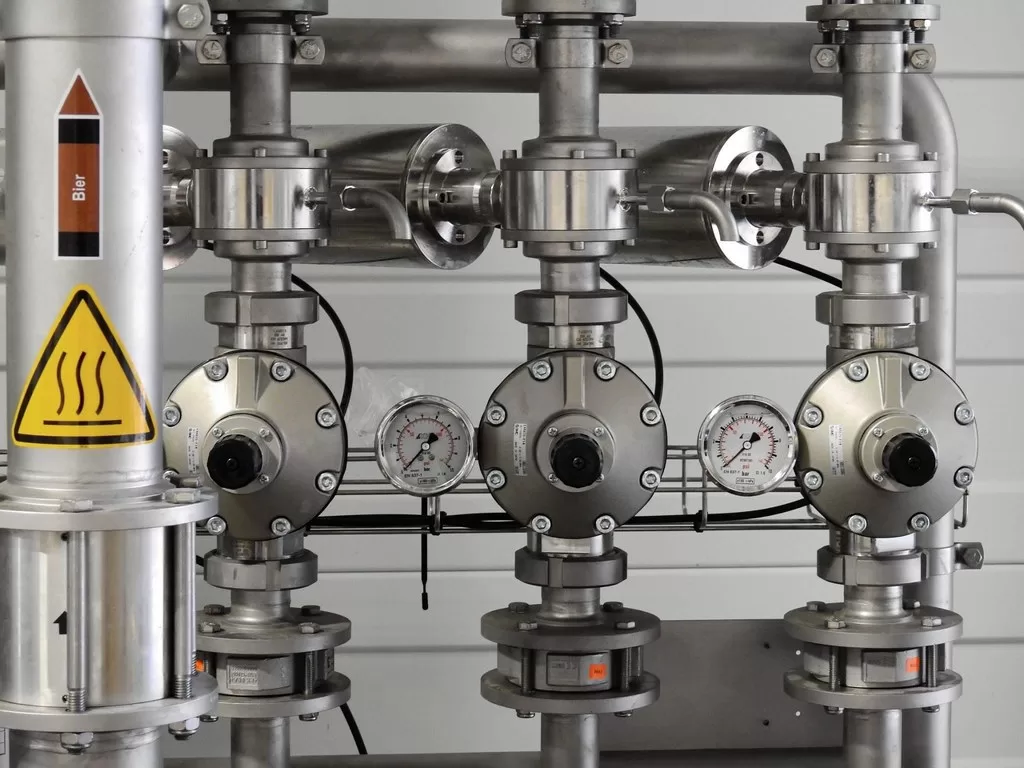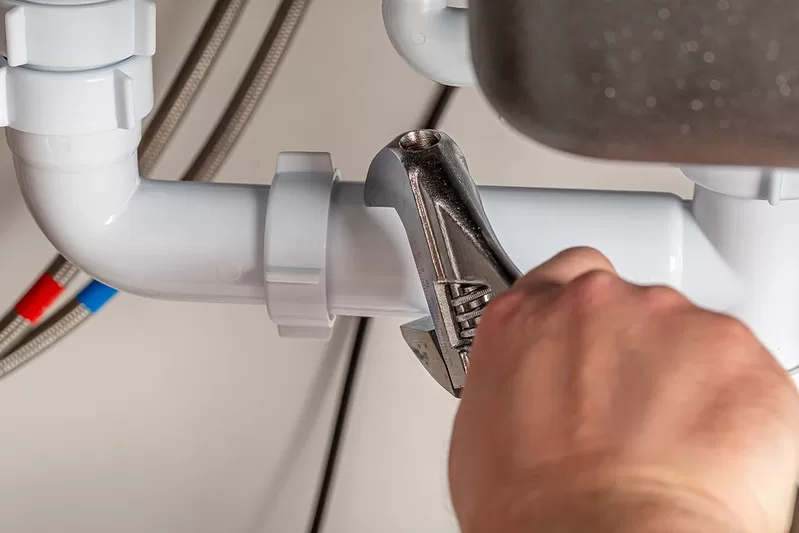There are a few indications that might help homeowners determine whether or not it is time to update their domestic hot water system. The following are some of the most typical warning signs:

Age
The typical lifetime of a hot water heating system is between 8 and 12 years. If your hot water system is getting close to or has already reached this age, it is possible that you should start thinking about replacing it.
Reduced Production of Hot Water
If your home’s existing heating system is having trouble producing enough hot water for your family’s needs, it’s possible that you might consider replacing it.
This might be the result of a number of different issues, such as a tank that has been damaged or rusted, a broken heating element, or a thermostat that isn’t working properly.
Read Also:
Bills For a High Amount of Energy
If you have seen a substantial rise in the amount of money you spend on your energy bills, it is possible that the cause is inefficient hot water systems at play. Investing in a model that is more energy-efficient will help you bring down the overall cost of your energy use.
Constant maintenance may be time-consuming and costly, and it’s possible that purchasing a new hot water system might be a better financial decision in the long term.
It is possible that your hot water system is malfunctioning if it is producing weird sounds or vibrating excessively. Noise is one of the most common warning signs. This might be the result of a number of different problems, such as a broken heating element or an imperfect tank, for example.
Leaks
If you have discovered that water is leaking from your hot water system, it is essential to repair the problem as quickly as you can. The presence of leaks in your house may result in significant property damage and may be an indication that it is time to repair your hot water system.
Rusty Water
If the water that comes out of your hot water system (https://www.sciencedirect.com/topics/engineeri) is discoloured or rusty, this might be a clue that there is corrosion going on within the tank. Because of the potential severity of this problem, the heating system for the water supply may need to be replaced.
If you are having any of these problems with your system for heating water, it is possible that you should think about replacing it.
A new hot water system may supply dependable hot water for many years to come, and since it is likely to be more energy-efficient, it can also help reduce the amount of money you spend on your monthly energy bills.
To guarantee that your new hot water system is installed properly and in a manner that is not hazardous to your health, you should look into hiring a certified and experienced expert to perform the installation.
Determining The Household’s Need for The Amount of Hot Water
Evaluation of the household’s need for hot water comes first in the process of putting in a system that provides that commodity.
This involves deciding the size of the hot water tank, the kind of fuel that will be used to heat the water (for example, gas, electric, or solar), and the positioning of the hot water tank in the building.
Choosing A Method for Providing Hot Water
An appropriate system for heating water in the home will be suggested by the installation after considering the requirements of the family in this regard.
There are many different kinds of hot water systems available, such as storage tank systems, tankless systems, and solar hot water systems. Storage tank systems are the most common.
Putting In Place the Storage Tank for The Hot Water
The storage tank for hot water is the most important part of a hot water system. It is often located in a location that makes it easy to connect it to the plumbing and the fuel supply. It will be necessary to use the right brackets and anchors in order to fix the tank to the floor or the wall.
Establishing A Connection Between the Plumbing and The Hot Water System
The plumbing in the home will need to be modified in order to accommodate the installation of the hot water system. In order to accommodate the hot water system, this may need the installation of new pipes or the modification of pipes that are already in place is.
Putting In Place Any Controls or Sensors That Are Required
Controls or sensors might be used in hot water systems in order to adjust both the temperature and the flow of hot water. In order to guarantee that they are operating properly, they will need to be installed and tested.
Conducting Checks on The System for The Hot Water
After the installation of the system for producing hot water, it will be necessary to test the system to check that it is functioning appropriately. In order to do this, you may need to cleanse the system, check for leaks, and make adjustments to the temperature settings.
Since the installation of a domestic hot water system may be a procedure that is both difficult and time-consuming, it is essential to employ a skilled and experienced expert to manage the installation of the system.
A hot water system that has been built correctly will continue to provide dependable hot water for many years to come.










